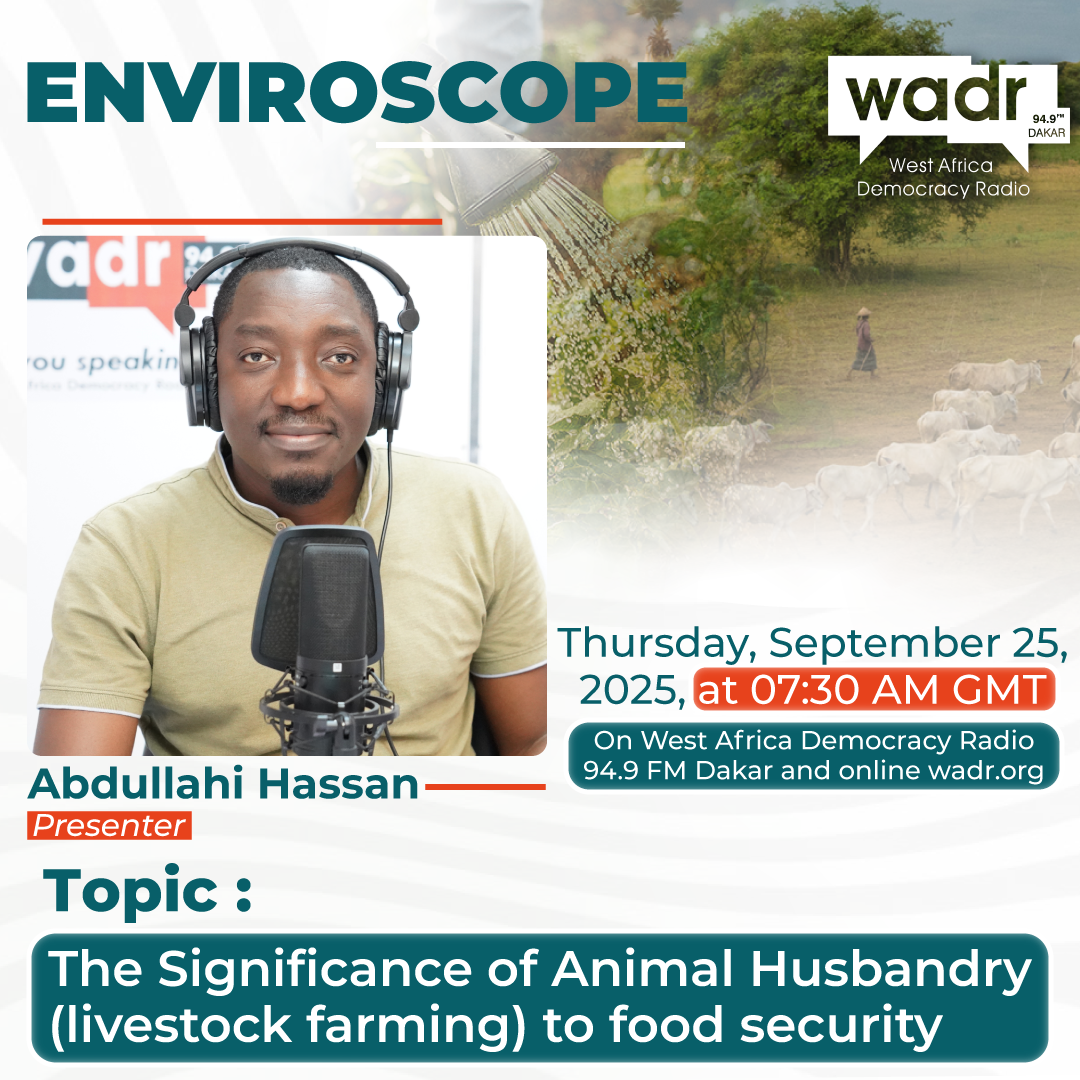Livestock play an essential role in global food security, serving as a critical source of high-quality protein through meat, milk, and eggs — accounting for about 34% of the protein consumed worldwide. These animal-source foods are rich in essential amino acids, vitamins, and minerals that are difficult to obtain in adequate amounts from plant-based sources alone, making them particularly important for the growth and development of children, as well as the overall health of vulnerable populations.
But their importance goes far beyond nutrition. Livestock contribute to livelihoods and rural economies by generating income through trade in animals and animal products. They also provide manure that enriches soils, improving crop yields and sustaining agricultural systems, while draft animals continue to supply traction and transport in many farming communities. In addition, livestock play cultural and social roles in many societies — serving as assets, savings, or even symbols of prestige and tradition.
In short, livestock are not just about food; they are a cornerstone of agricultural sustainability, economic resilience, and social life across much of the world.
This week’s edition focuses on The Significance of Livestock to Food Security in West Africa.
